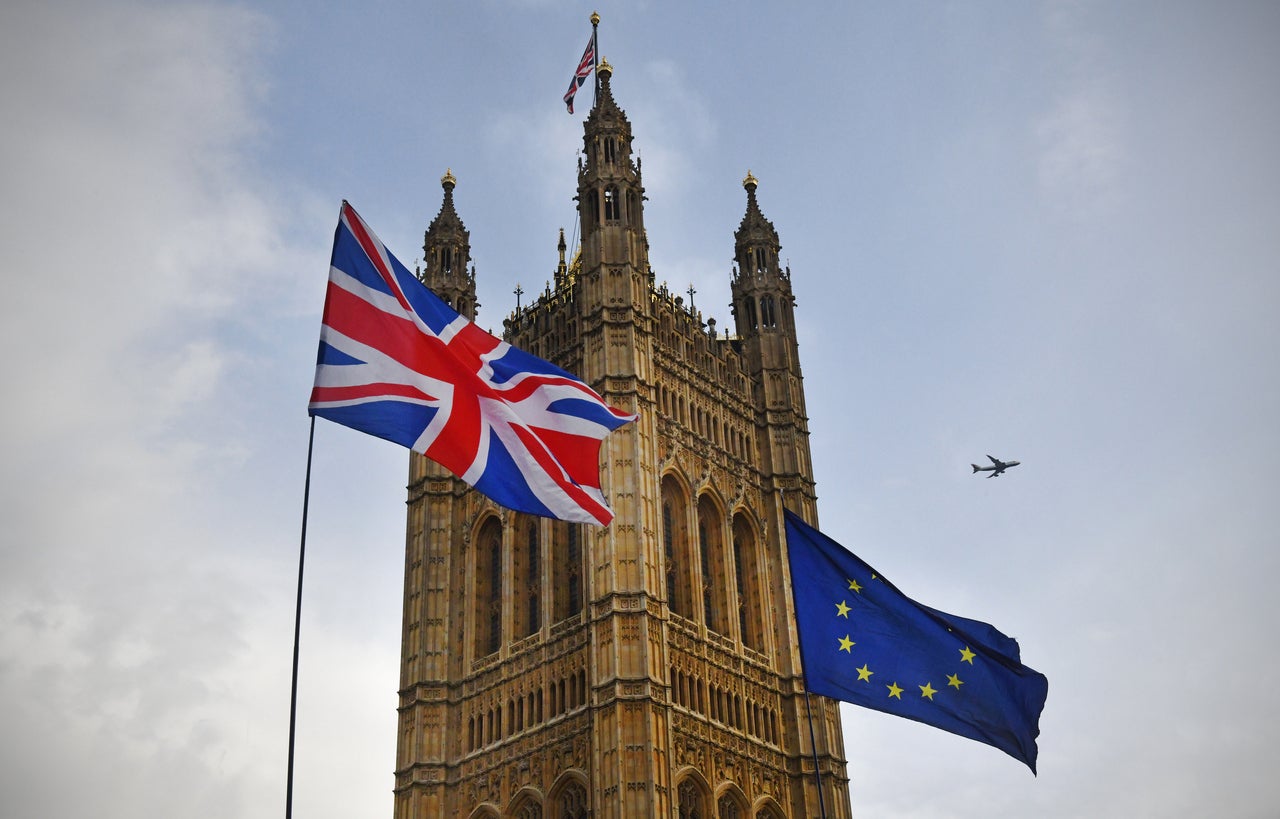Brexit: Opposition parties seek to delay deletion of 4,000 EU laws
Legal experts say bill is badly designed and ‘undemocratic’
Your support helps us to tell the story
From reproductive rights to climate change to Big Tech, The Independent is on the ground when the story is developing. Whether it's investigating the financials of Elon Musk's pro-Trump PAC or producing our latest documentary, 'The A Word', which shines a light on the American women fighting for reproductive rights, we know how important it is to parse out the facts from the messaging.
At such a critical moment in US history, we need reporters on the ground. Your donation allows us to keep sending journalists to speak to both sides of the story.
The Independent is trusted by Americans across the entire political spectrum. And unlike many other quality news outlets, we choose not to lock Americans out of our reporting and analysis with paywalls. We believe quality journalism should be available to everyone, paid for by those who can afford it.
Your support makes all the difference.Opposition parties will next week try to delay government plans for a bonfire of nearly 4,000 EU laws and key workers’ rights from the UK’s statute books after Brexit.
Legal experts have described the government’s proposals as “reckless” and badly designed, warning that they would give ministers too much power in deciding which laws should stay or go.
Labour and the Scottish National Party will table a series of amendments to the Retained EU Law (Revocation and Reform) Bill, aimed at protecting workers’ rights, health and safety laws, and annual leave and maternity rights.
The UK kept thousands of EU laws after it officially left the bloc on 31 January 2022. The bill, dubbed the “Brexit Freedoms Bill”, would allow the government to overhaul this body of EU laws by the end of 2023, if passed in its current form.
But Brendan O’Hara, the SNP MP for Argyll and Bute, said scrapping the laws would “ride roughshod” over Scotland’s devolution settlement and “start a race to the bottom” on food and environment standards.

He told The Guardian his party had tabled 50 amendments so far and planned to put forward more as the bill makes its way through parliament. “As we promised we would do, SNP MPs are opposing this bill every step of the way,” he said.
Mr O’Hara’s colleague, SNP MSP Alasdair Allan, described the bill as an “outrageous power grab”.
One of the SNP’s key amendments, believed to be supported by several Conservative backbenchers, would extend the date for deletion from the end of 2023 to 2026, according to The Guardian. The amendments will be laid on Tuesday, when the bill reaches the committee stage.
Legal experts and campaigners have expressed concerns about the bill.
Eleonor Duhs, a partner at the City law firm Bates Wells and a former government lawyer who helped design the concept of retained EU law, last month said the bill “gives ministers powers to repeal and replace a vast body of what is now domestic law at speed and without proper scrutiny”.
“This is unprecedented, reckless and undemocratic,” she said.
Patrick Begg, director of outdoors and natural resources at the National Trust, said the bill – which includes 570 environmental regulations – would cause serious ecological harm.
Labour is also planning to table a series of amendments on workers’ rights, health and safety law, annual leave and maternity rights, and some environmental laws.
Stella Creasy, the Labour MP for Walthamstow who sits on the committee overseeing the bill, said there were several options it should look at, including a “sunrise clause” that would keep the EU laws until they were specifically reviewed, amended or updated.
Jonathan Jones, head of the government’s legal service from 2014 to 2020, has said the bill would cause legal chaos and further pain for businesses, many of which were already struggling to trade with European countries after Brexit.
“I think it is absolutely ideological and symbolic rather than about real policy,” he said last month.
The government has previously said ministers were committed to taking “full advantage of the benefits of Brexit”.
A spokesperson said the bill would allow the UK to “rapidly develop new laws and regulations that best fit the needs of the country, removing needless bureaucracy to stimulate growth and cement the UK’s position as a world-class place to start and grow a business”.




Join our commenting forum
Join thought-provoking conversations, follow other Independent readers and see their replies
Comments